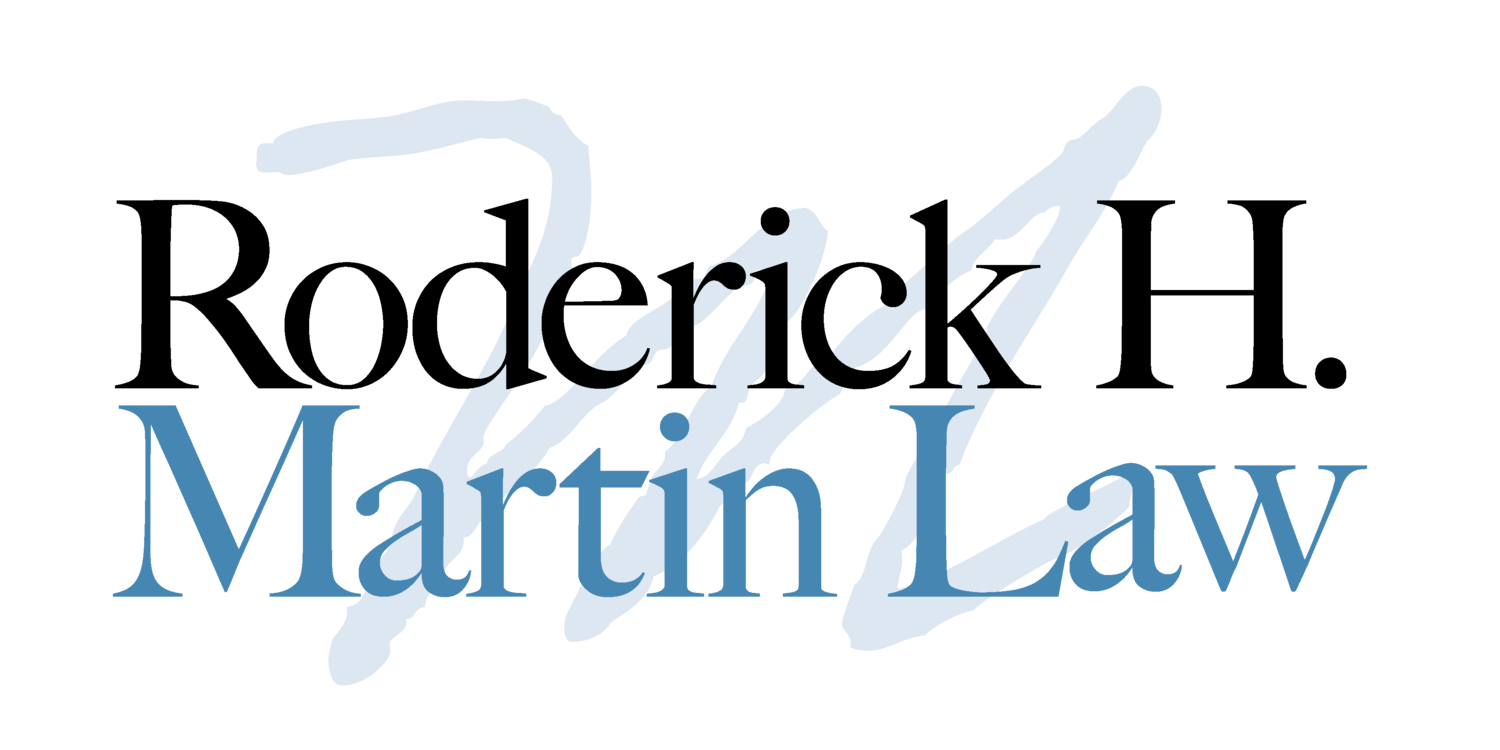Chapter 13
Chapter 13 is a wage-earner repayment plan. It is a federal law designed to help individuals and married couples repay all or a portion of their debts with dignity and peace of mind.
As in Chapter 7, filing for Chapter 13 protection immediately provides relief from creditor calls and collection action.
Chapter 13 may be the only option available for those who earn more than permitted to qualify for Chapter 7 under the “means test.” If you are behind on home mortgage payments, Chapter 13 allows you to catch up on past due payments over 36 to 60 months. Further, if you are saddled with a high interest rate on a vehicle loan, the interest rate on that loan may be greatly reduced under Chapter 13.
Chapter 13 can thus substantially reduce your monthly debts to a single affordable monthly payment.
Our firm has the experience to work closely with you to develop a plan for the repayment of debts, present it for creditor approval and have it confirmed by the bankruptcy court. The process of creating the plan, negotiating the plans approval by creditors and the Chapter 13 Trustee, and confirmed by the bankruptcy court typically takes from three to six months.
The Chapter 13 Trustee is an attorney appointed by the Court to represent the interests of certain creditors. The Trustee takes a small percentage of the plan payments as her fee.
Repayment plans last three to five years with the payments coming from your future income. Payments to the Chapter 13 Trustee are made by you or your employer, then distributed monthly to the creditors by the Trustee.
Upon successful completion of the plan, most debts, with rare exceptions, are discharged.
A Chapter 13 bankruptcy filing may:
Allow you to stop the foreclosure on your home, and give you up to five years to catch up on past-due mortgage payments.
Stop the repossession of your vehicle and allow you to take up to five years to pay off your vehicle. It may reduce the principal balance and often lowers the interest rate you are being charged.
Stop the IRS from garnishing your wages or bank accounts and may allow repayment of back taxes with no additional interest or penalties.
Stop student loan collections and allow for little or no payment of student loans for the duration of the plan.
Stop suspension of your driver’s license or your incarceration for unpaid or overdue child support and alimony obligations.
Chapter 13 Q&A
What debts are paid through the Plan?
The Chapter 13 Plan generally pays debts existing as of the date of filing, called pre-petition debts, such as past due balances on mortgage payments, homeowner’s association dues, alimony and child support payments, and back taxes; all of which must usually be repaid in full. Unsecured debt such as credit card debt and medical bills may also be paid through the plan, although in some cases a debtor may receive a discharge after paying only a percentage of the unsecured debt, sometimes as little as 1%. This is known as a composition plan. In addition, the plan may pay off a vehicle that was previously financed. You are responsible for future payments on regular household obligations such rent, utility, or mortgage and HOA payments, vehicle insurance, and taxes assessed after the date of filing.
What if I am in a Chapter 13 plan and I can’t make my monthly payments?
One benefit of Chapter 13 is that it allows for changes that might happen in your life along the way. Often people find themselves between jobs, or out of work due to illness, and temporarily unable to keep up their payments.
If you are presently a client of ours in a Chapter 13 plan and you find yourself unable to make your monthly payment, please let us know right away. We can often apply for a short suspension of your plan payments, up to three months, if you are sick and unable to work or perhaps between jobs. The sooner we take action, the better!
How long will I be in a Chapter 13 Plan?
A Chapter 13 Plan requires that you make regular payments of disposable income for a minimum of 36 months, unless you are able to repay all of debts in full in a shorter period. In many cases the plan may extend up to 60 months.
When is filing Chapter 13 better than filing Chapter 7?
Chapter 13 is the best solution for people who are behind on mortgage or vehicle payments, those who owe back taxes, student loans, or child support, or people who simply don’t qualify for Chapter 7 due to high income or equity in property. Filing under Chapter 13 immediately stays, or stops, lawsuits, garnishments , foreclosures proceedings or vehicle repossession as well as civil arrest warrants for unpaid child support, and allows you additional time to repay these debts.

